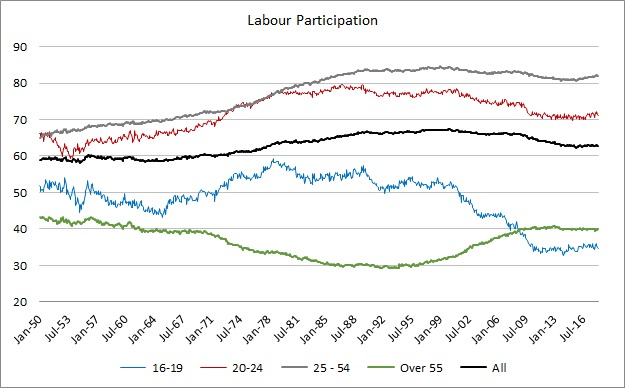Trump Kim Summit in Singapore. China The Big Winner.
On 12 Jun 2018, US President Donald Trump met with North Korean Supreme Leader Kim Jong-un in Singapore in what was hailed as a historic meeting. The document the two leaders signed state the following:
- The United States and the DPRK commit to establish new US-DPRK relations in accordance with the desire of the peoples of the two countries for peace and prosperity.
- The United States and DPRK will join their efforts to build a lasting and stable peace regime on the Korean Peninsula.
- Reaffirming the April 27, 2018 Panmunjom Declaration, the DPRK commits to work toward complete denuclearization of the Korean Peninsula
- The United States and the DPRK commit to recovering POW/MIA remains, including the immediate repatriation of those already identified.
So, slightly less detail than on a driving licence application. The document clearly lacks detail but can be viewed as a starting point for more detailed discussions towards these ends. In a press conference following the meeting, President Trump said he would halt joint military exercises with South Korea in the peninsula as well as, at some point, repatriate US troops from South Korea.
Critics of the deal cite the lack of detail on both sides, in particular the failure of the US to obtain serious concessions and detailed milestones for the denuclearization of North Korea. The joint statement also made no mention of “complete, verifiable and irreversible denuclearisation (CVID)”, which the US had insisted was the only acceptable outcome.
For the moment the consensus seems to be that Mr Kim was the winner in the deal. Time will tell. North Korea has not been above reneging on agreements. Neither has Mr Trump. So call it a draw for now.
One probable scenario, which I present as pure conjecture, but which seems plausible, is that sometime in September of 2017, North Korea’s nuclear tests went wrong resulting in a catastrophic and total loss of nuclear capability, and a 6.3 seismic event not lost on the Chinese scrutinizing their neighbours. A de facto CVID (Complete, verifiable, irreversible denuclearization) if you will.
Either of his own volition, or at the behest of the Chinese Premier Xi, Mr Kim sued for peace and reached out to both South Korea and the US. With self-inflicted and accidental CVID, Mr Kim would have seen the logic of trading North Korea’s perceived nuclear capability for concessions and a de-escalation of tensions in the Korean peninsula.
The approach appeals to the insular and isolationist instincts of President Trump, though less so to his intelligence and military forces. He is eager to come to some agreement which will let him retrench US forces from the Asian theatre.
Mr Kim gets, not a lot, but he gets something for nothing, an end to hostilities he can no longer afford.
Mr Trump gets something, an end to what he regards as expensive and wasteful military exercises and potential future repatriation of US forces, not to mention the glory of ending the sixty plus years of conflict in the Korean peninsula (which might in his own mind seed thoughts of a Nobel peace prize).
Singapore gets publicity, and the usual uncharitable grumblings of the locals inconvenienced by the summit or incensed at having to foot the bill for Mr Kim while they face rising healthcare costs, impending GST increases, and being the most expensive city to live in (according to the Economist Intelligence Unit’s March 2018 survey.)
The US gets, at this point, a host of promises, and the hope of denuclearizing one of the most intransigent nuclear capable regimes in the world. They also get to disengage in Asia and repatriate assets and eventually, troops, from the peninsula. The military might see this in a different light than Mr Trump for if it comes to fruition it will diminish prestige, influence and power in the region.
And Mr Xi gets, something too. He gets a de-escalation of tensions between North and South Korea, and he also gets a diminished US presence and engagement in the Korean peninsula. Mr Xi might have negotiated the deal with Mr Kim himself but by encouraging Mr Kim to deal with Mr Trump instead, it meant that any concessions by the North Koreans would lead to reciprocal concessions by the US, not China. Basically, China would get what it wants while America foots the bill. Well played.
Conjecture and speculation of course but you see how it might make a lot of sense.
